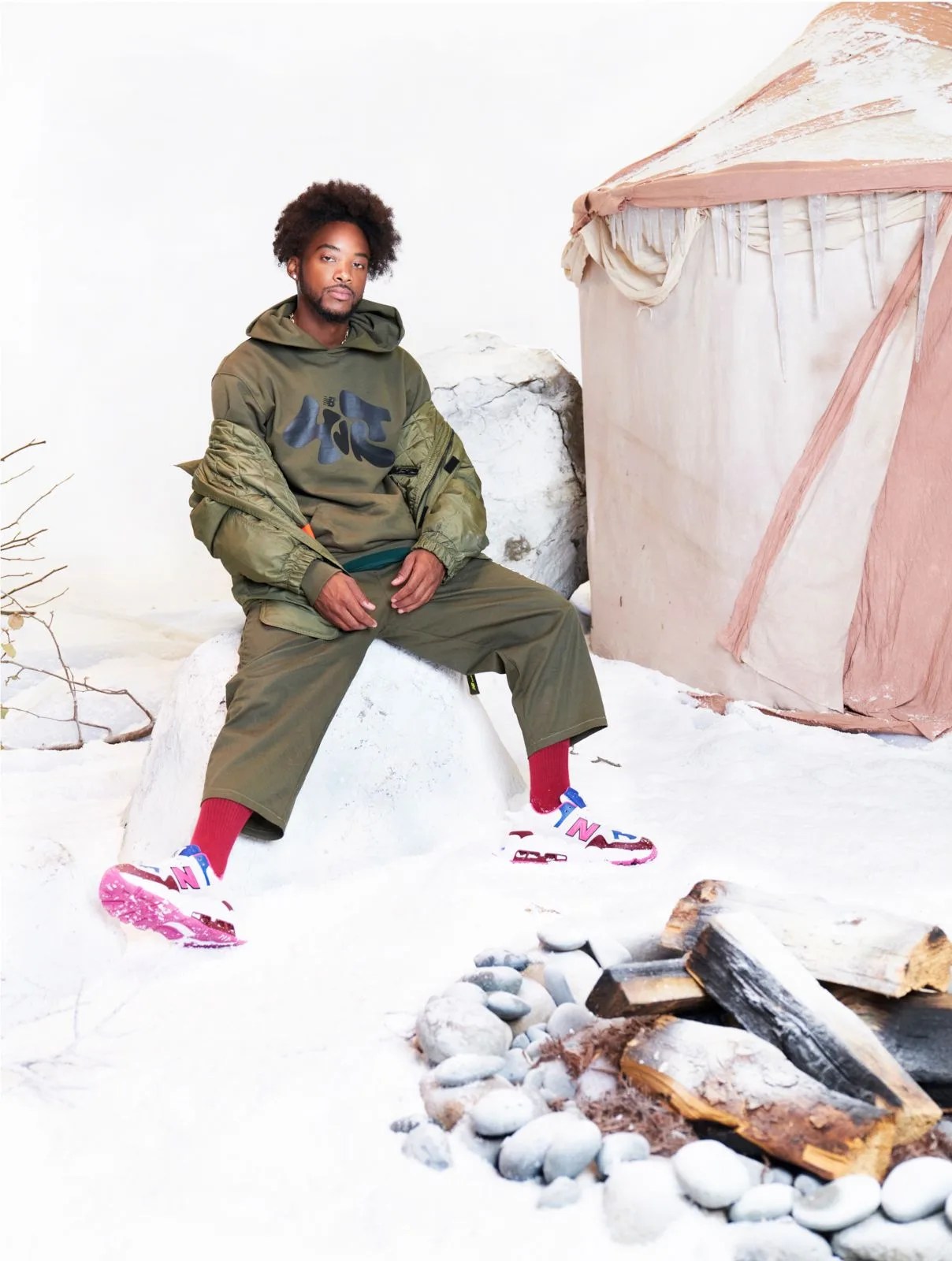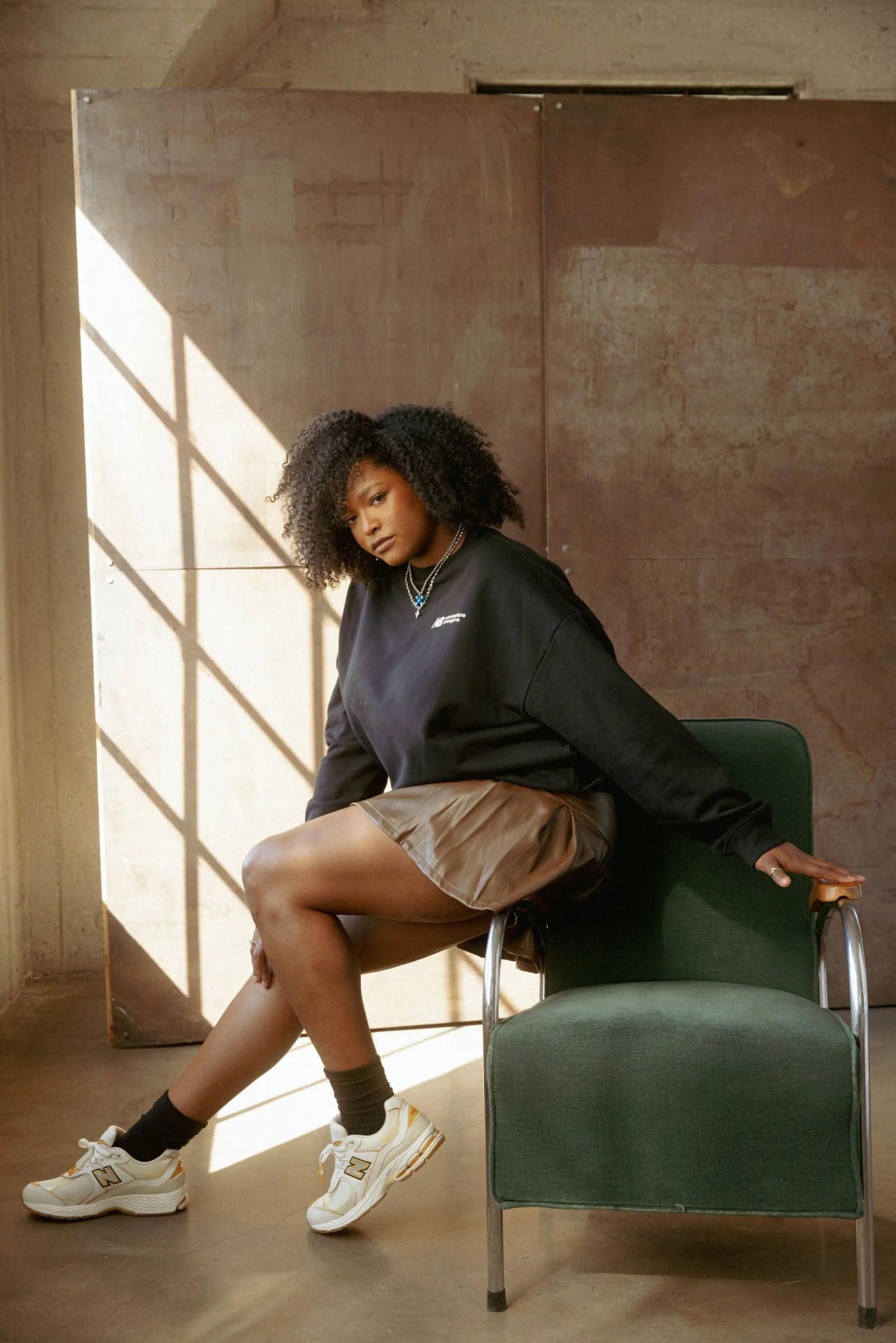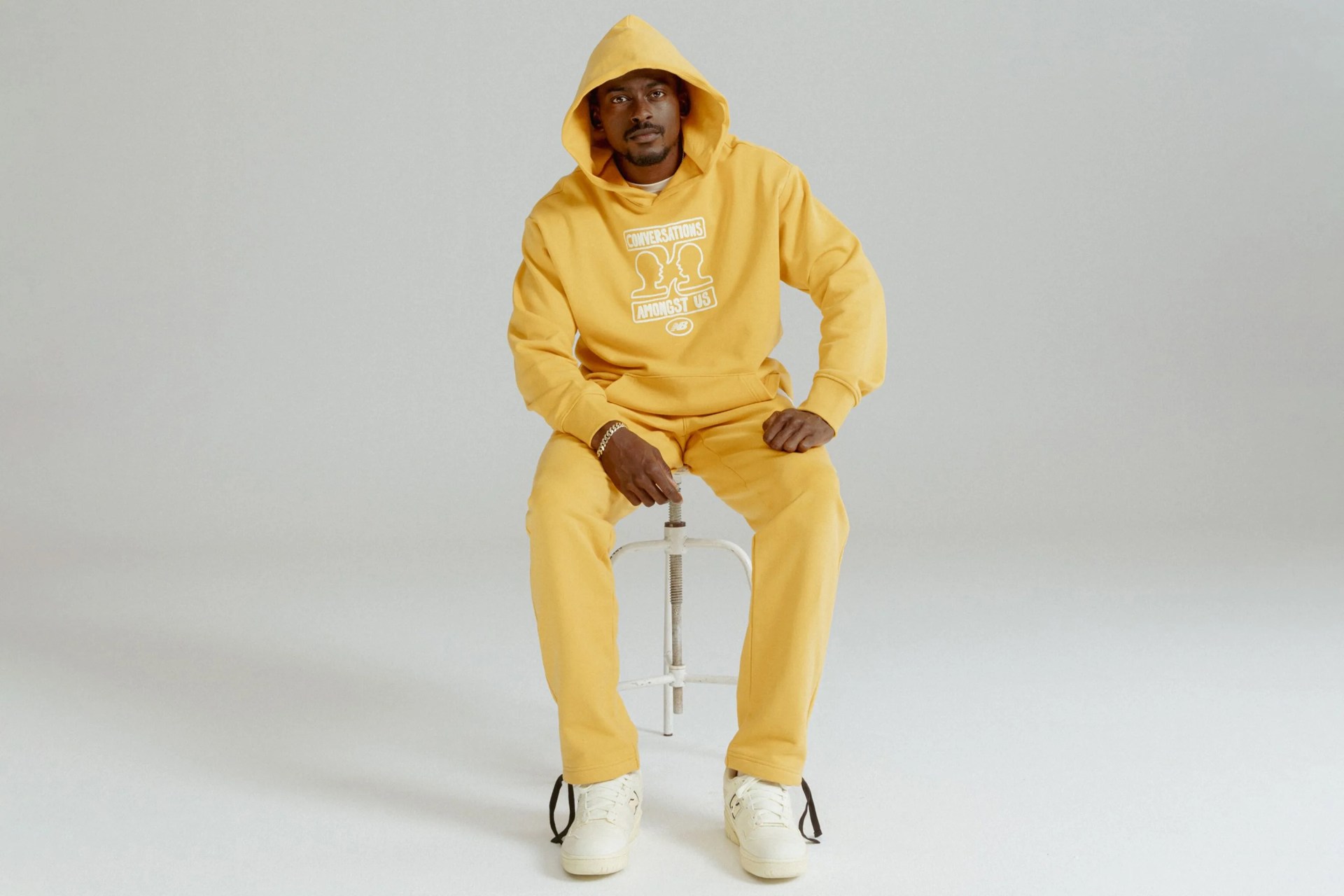It wasn’t long ago that New Balance faced scrutiny online for monetary donations made by one of its chairmen, Jim Davis, to a group alleged to have backed former President Donald Trump during the 2016 election. After a few fringe websites proclaimed New Balance as the “official sneaker of white people everywhere,” the brand fought back — but the controversy doubled down.
The supposed synergy between the bullish leader and the American-made sneaker brand triggered boycotts — one called #GrabYourWallet targeted Wegmans, L.L. Bean and New Balance — and called New Balance’s commitment to all races, colors and creeds into question. In response, New Balance put out a statement decrying the nature of its relationship to the President and his penchant for crass language — especially when it concerned minorities, immigrants, disabled folks or the LGBTQIA+ community.
“As an organization, we always strive to be the best versus the biggest.”
“New Balance does not tolerate bigotry or hate in any form,” the statement read. “As a 110-year-old company with five factories in the U.S. and thousands of employees worldwide from all races, genders, cultures and sexual orientations, New Balance is a values-driven organization and culture that believes in humanity, integrity, community and mutual respect for people around the world.”
At the time, this read like a game of money-saving Mad Libs. However, since then, New Balance has embarked on a mission to overhaul its operations, centering diverse designers, minority New Balance employees and underrepresented consumers in the process.
How? By taking action, primarily through collaborations and committing product inventory to non-profits — but also creating an internal collective for Black employees called the Black Soles.
Collaborations are also what helped New Balance gain industry cred, transforming its public image from a dad-friendly performance brand into a bonafide footwear design giant. Projects with sneaker designer Salehe Bembury, streetwear designer Joe Freshgoods, musician and actor Jaden Smith, NBA agent Rich Paul, No Vacancy Inn’s Tremaine Emory and Casablanca’s Charaf Tajer resulted in a roster of collaborators even Nike and Adidas struggled to rival.






